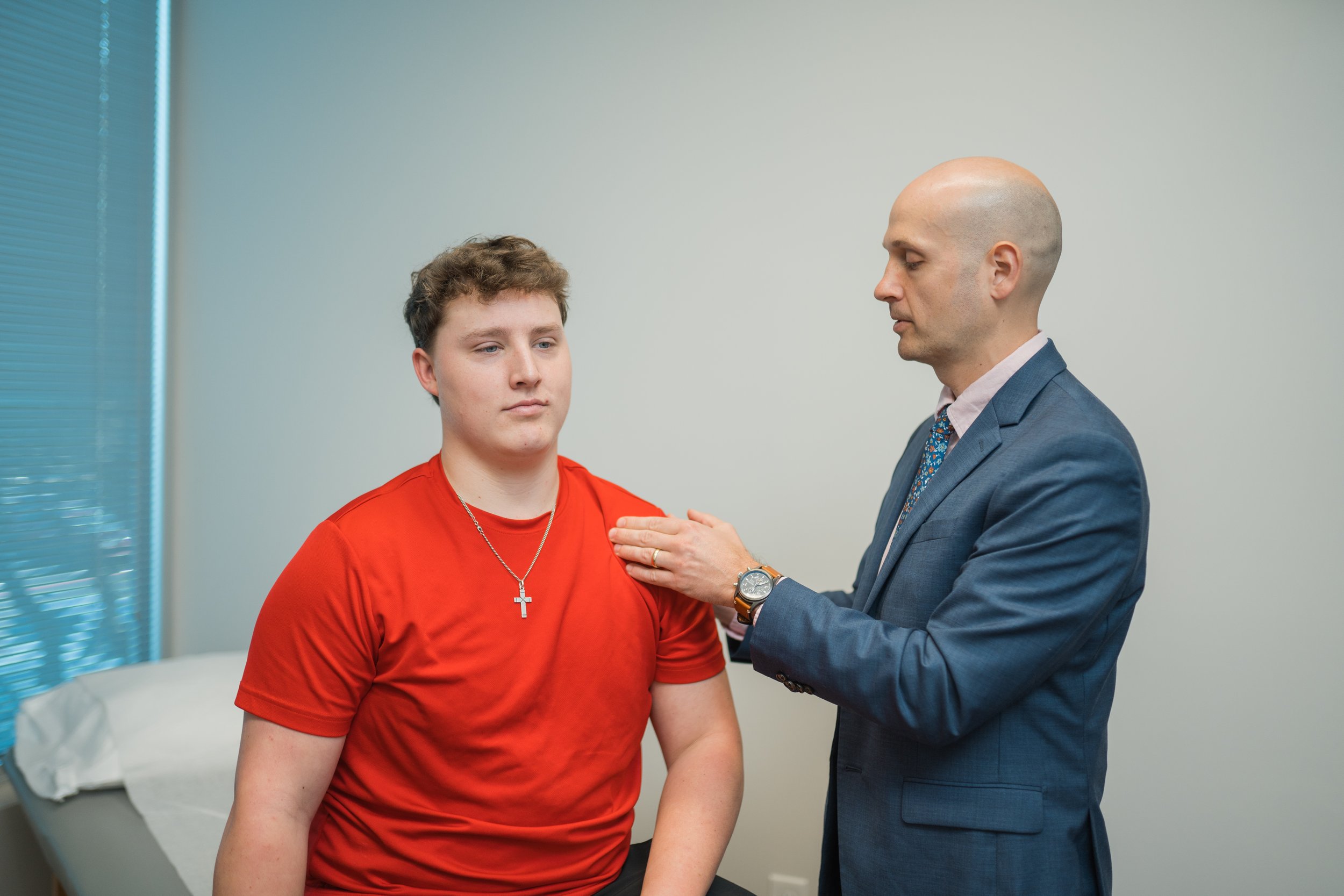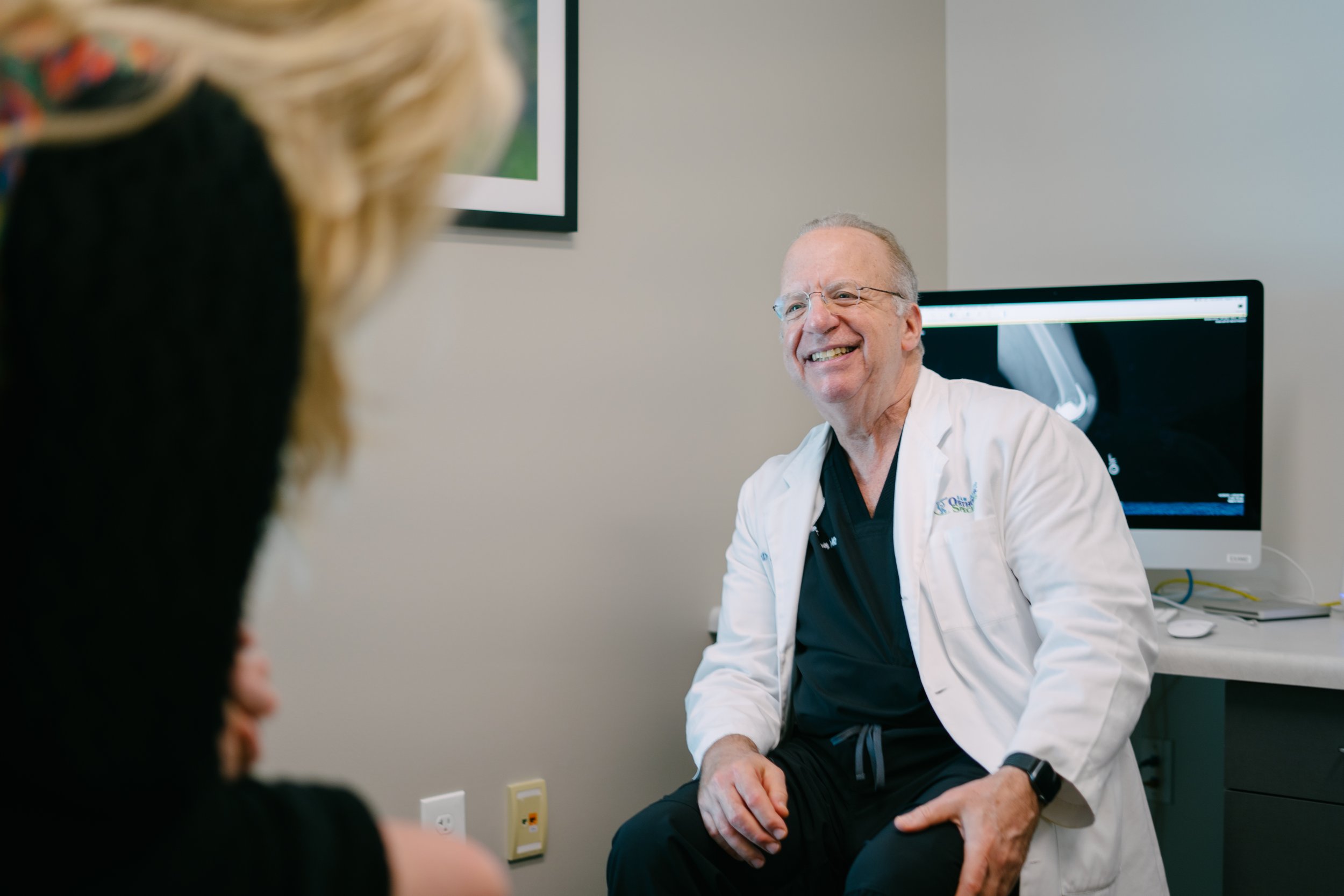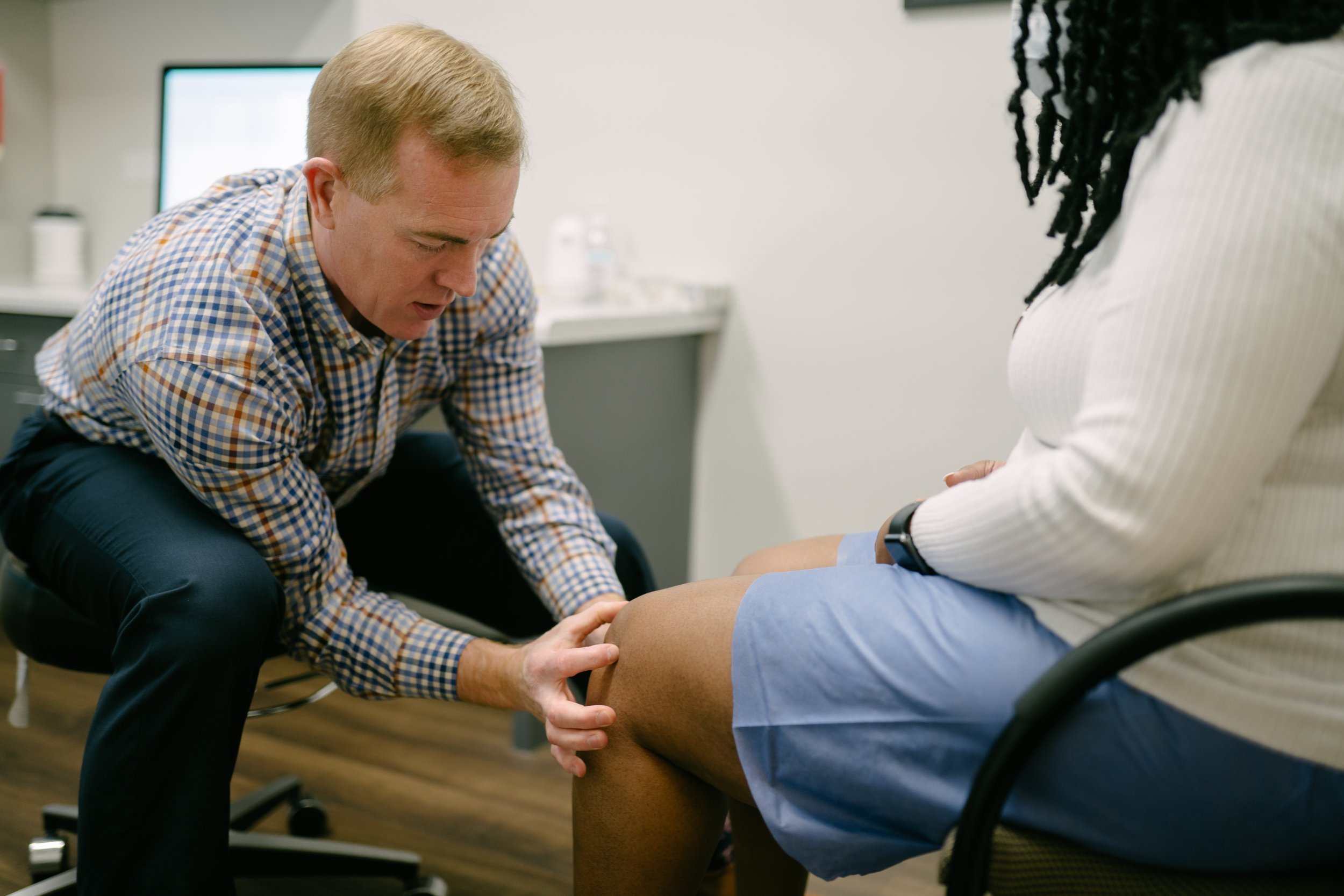How Long Does It Take To Become An Orthopaedic Surgeon?
The path to becoming an orthopaedic surgeon is paved with dedication, perseverance, and relentless pursuit of knowledge. Orthopaedics is a highly specialized field that attracts many aspiring medical professionals. However, few understand the extensive commitment required to earn this title. As part of this blog, we'll explore the intricate timeline and rigorous training that constitute the journey to becoming an orthopaedic surgeon.
What does an Orthopaedic Surgeon do?
Orthopaedic surgeons specialize in diagnosing, treating, and surgically managing conditions and injuries affecting the musculoskeletal system. This system is made up of muscles, ligaments, tendons, and bones — these allow movement and provide support to the body. In addition to diagnosing, treating, and managing injuries, most orthopaedic surgeons are actively involved in research to advance medical knowledge and develop new surgical techniques and technologies.
What Training is Required to Become An Orthopaedic Surgeon?
Becoming an orthopaedic surgeon is a journey that demands dedication, resilience, and a passion for improving people's lives. An orthopaedic surgeon's first step in pursuing a career in medicine is to undergo rigorous training. An orthopaedic surgeon typically finishes about 13 to 14 years of formal education — this extensive educational and training pathway prepares orthopaedic surgeons to provide expert care and make a positive impact on the lives of their patients. Let’s dive into this pathway a little more!
Undergraduate Education (4 years): A four-year undergraduate degree is required to become an orthopaedic surgeon. During this time it’s important to build a strong foundation in biology, chemistry, physics, and mathematics.
Medical School (4 years): A medical school degree typically requires another four years of education during which you are exposed to subjects including anatomy, physiology, pharmacology, and clinical skills. As part of medical training, students will have the opportunity to explore different medical specialties through rotations.
Residency Training (5-6 years): Becoming an orthopedic surgeon requires completing a specialized residency program, which usually takes five to six years. During this intensive period, residents receive hands-on training, participate actively in surgical procedures, and develop expertise in diagnosis and treatment of musculoskeletal conditions. Residency programs require dedication to long hours and a relentless commitment to improving surgical skills.
Fellowship (1-2 years): Orthopaedic surgeons have the option to further their expertise by undertaking additional fellowship training in a specific subspecialty within orthopedics, such as sports medicine. Over the course of one to two years, these fellowships provide specialized training and hands-on experience. Did you know all of our surgeons at San Antonio Orthopaedic Specialists are fellowship-trained orthopaedic surgeons?
Board Certification: After successfully completing all of these requirements, orthopedic surgeons are required to attain board certification from the American Board of Orthopaedic Surgery (ABOS). As part of board certification, a surgeon must pass rigorous written and oral examinations that determine his or her knowledge, clinical judgment, and surgical proficiency.
How Hard is it to Become an Orthopaedic Surgeon?
During our interview with Dr. Boome, we asked him what it is like to become an orthopedic surgeon. He states, “It's a lot of late nights, a lot of reading, a lot of studying, a lot of research, a lot of learning, and it can be tough, it can be tough on you. It can be hard on the family sometimes too, because it is a time commitment.” He then continues with, “The payoff is the satisfaction. The enjoyment of seeing people after you have done a big, major surgery on them. After a couple of hours they are up, shake your hand and they say, thank you.”
Conclusion
The path to becoming an orthopaedic surgeon requires years of dedication, hard work, and a genuine passion for helping patients. At the heart of it all is the belief that each year of dedication is a stepping stone toward a fulfilling career that allows individuals to heal, support, and bring hope to those in need.
Here at San Antonio Orthopaedic Specialists, we celebrate the dedication of orthopedic surgeons and their unwavering commitment to bettering the lives of others through their invaluable work.
Because of the time it takes to become a practicing orthopaedic surgeon, you know you are in good hands when working with them. If you need a sports medicine or joint replacement expert, or you're dealing with hip, knee, or shoulder pain and need an orthopaedic specialist to help you heal, your search ends here. Contact us today at San Antonio Orthopaedic Specialists to learn more about our services, schedule your initial appointment, and begin your healing journey!



